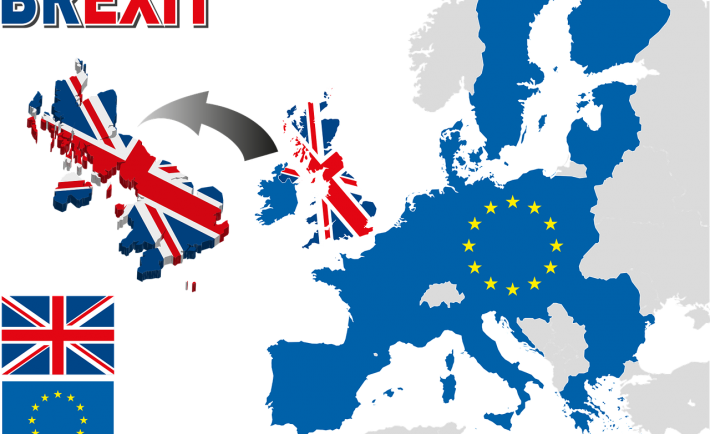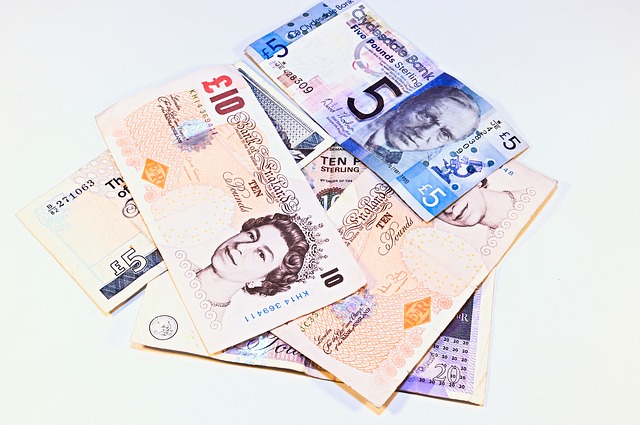Most owners treat their pets not as animals but as members of their family. With this special bond, they only want what is best for their pets.
Fortunately, you not have to go overboard in order to shower your pet with care and affection.
1. CREATE YOUR OWN TOYS
Instead of purchasing a S$10 chew toy, you can recycle old materials and turn them into instruments of entertainment. Remember your old pair of “ripped” jeans? You can transform it into a good tug toy for your dog. There are more ways to DIY your pet’s toys, you simply have to research online and use your creative juices.
2. BUILD YOUR OWN NEST
Aside from crafting your own toys, you can make a cozy haven for your beloved ones. Shaina from sugarstilettosstyle.com showed her audience how to make a space-efficient and cost-efficient bed for her dogs. Watch this video to see for yourself:
The IKEA SKUBB storage case retails for S$11.90 in Singapore.
3. EMPLOY PREVENTIVE CARE
As the age-old quote goes: “prevention is better than cure.”
One of the best ways to avoid paying costly veterinarian bills is to keep your beloved protected against illness. Do so by religiously employing preventive measures such as vaccinations.
4. SHY AWAY FROM FANCY PET FASHION
There are lots of options for pet apparels these days! Instagram is filled with pets that are decked out with glitter accessories, fancy collars, and customized sweaters. But does your pet need all those?
Shy away from the high-end pet trends and stick with purchasing products that will make your pet’s life easier like a sturdy ID tag (in case she or he gets lost) or a comfortable leash.
5. ALLOCATE MONEY FOR YOUR PET
Keep track of your pet expenses before it is too late. This month, analyze how much you are spending for your pet (e.g., costs for grooming and food). Then, designate a budget for your pet that realistically covers your spending. Lastly, eliminate unnecessary expenses from time to time.
6. APPLY EUCALYPTUS
My cousin recently purchased a 2-month-old puppy. The pup is currently in its oral stage where he is obsessed with licking and biting things. He has bitten countless items such as shoes, papers, and even the cabinet. Since the situation is getting out of hand, he stays in his cage most of the times.
A simple solution that my cousin can employ is to apply eucalyptus-enriched products such as Mentholatum (Decongestant-Analgesic Ointment) or Vicks Vaporub. This works because pets cannot take the potent smell of eucalyptus. So apply it in the areas that you wish your pet can stay away from.












